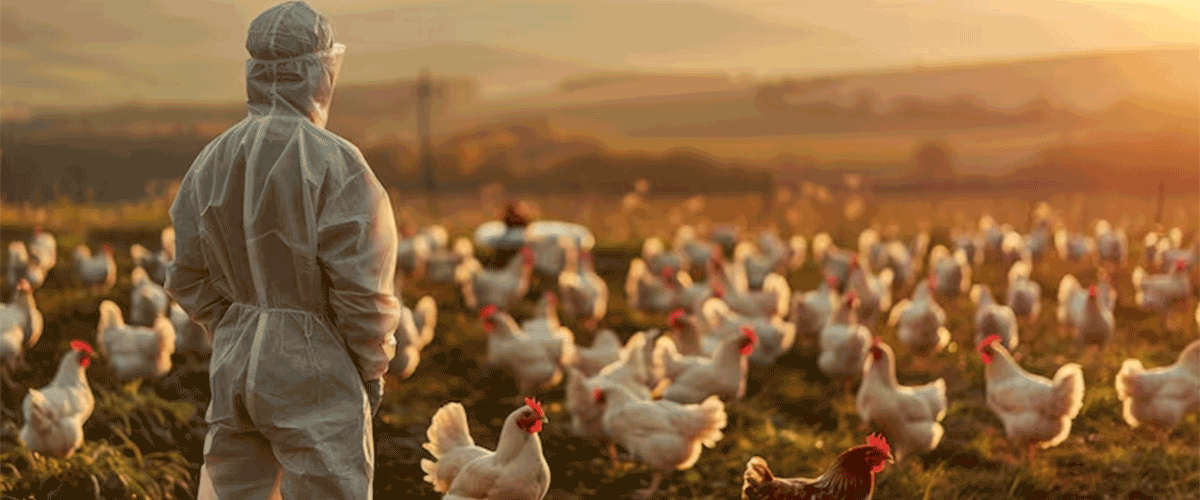(An Autonomous Body Recognized by Ministry of Commerce & Industry, Government of India)
Competency based placement focussed Education | Training | Research | Consultancy

Contaminated Animal Feed: A Growing Threat to Food Safety
As global demand for animal-based foods rises, feed safety has become a critical issue. Contaminants like mycotoxins, heavy metals, and pathogens in animal feed pose serious health, trade, and environmental risks. In India, humid climates, poor storage, and informal supply chains worsen the problem. A 2022 study found over 90% of Indian feed samples contaminated with toxins.
Contaminated feed affects animal health, reduces productivity, and transfers toxins into milk, meat, and eggs—impacting consumers and exports. India's feed safety gaps stem from limited infrastructure, surveillance, and testing capacity.
Efforts are underway: FSSAI is integrating feed safety into food standards, while ICAR and NDDB drive early warning systems and field labs. Farmer training and affordable toxin detection tools are key. India must act now—positioning feed safety as a frontline defence for public health, economic growth, and sustainable livestock development.
10-07-2025
📰 Recent News
- Tier 2 and Tier 3 Cities Drive Demand for Packaged, Trusted Food Brands
- FSSAI to Require Scientific Evidence for Food Safety Claims from January 2026
- Anmol Industries Unveils Cream Roll and Mango Swiss Roll for Value-Seeking Snackers
- Vitsab Introduces Freshtag to Strengthen Cold-Chain Food Safety
- Elanpro Hosts Saksham 2025 to Promote Safer and Greener F&B Practices
- Codex Committee on Food Hygiene concludes Nashville session with essential water safety guidelines
- PMFME scheme boosts over 26,000 micro food units in Maharashtra
- Ground beef recalled over potential E. coli O26 contamination
- Gold Star Distribution recalls products over rodent and bird contamination
- Bring café-style coffee home this festive season with Tata Coffee Grand
